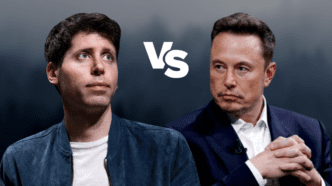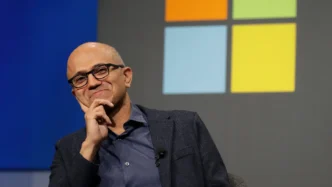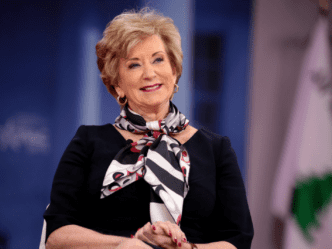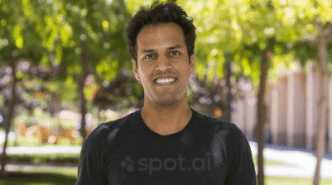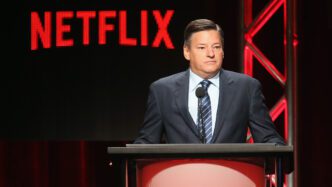The increasingly bitter legal feud between OpenAI and co-founder Elon Musk is escalating. As the AI research giant formally pushes back against Musk’s high-profile lawsuit. In a new filing submitted Wednesday, OpenAI and its leadership team, including CEO Sam Altman, urged the court to block Musk from what they describe as ongoing “unlawful and unfair” actions. And to hold him accountable for damage already inflicted.
OpenAI’s countersuit paints Musk as a disruptive force bent on derailing the company’s work. “OpenAI is resilient,” the legal filing states. “But Musk’s actions have taken a toll.” The company claims Musk’s behavior. Including what it calls a “fake takeover bid” — is designed to destabilize OpenAI’s governance, alienate its partners, and obstruct its mission to responsibly advance AI for public benefit.
The clash goes beyond personal grievances — it’s a battle over the future structure and mission of OpenAI itself.
Musk originally co-founded OpenAI in 2015 as a nonprofit committed to developing artificial intelligence in the public interest. However, the organization shifted to a “capped-profit” model in 2019, and is now in the process of transitioning into a public benefit corporation (PBC). This hybrid model would allow it to raise capital more freely while keeping its mission-oriented obligations intact — at least on paper.
Musk has accused OpenAI of betraying its founding values and steering toward profit-driven motives. In his suit, he argues that the startup is prioritizing commercial deals over its original commitment to AI safety and transparency. He sought a court order to pause OpenAI’s transition to a PBC, but in March, a federal judge denied that request. While the court allowed Musk’s case to proceed, the main trial won’t begin until spring 2026.
For OpenAI, time is of the essence. Reports suggest that the organization must finalize its for-profit restructuring by 2025 or risk forfeiting recent investments that are critical to its future growth.
But Musk isn’t the only opponent. A growing chorus of voices is challenging OpenAI’s corporate transformation. This week, a coalition of nonprofits and labor organizations, including the California Teamsters. Petitioned California Attorney General Rob Bonta to intervene. Their argument: OpenAI’s current path violates its charitable commitments and undermines the public trust.
Back in December, Encode, a nonprofit known for co-sponsoring California’s now-defeated SB 1047 AI safety bill. Filed an amicus brief echoing similar concerns. They warned that OpenAI’s governance changes could weaken oversight and put long-term public safety at risk.
OpenAI, for its part, has been vocal in defending the transition. On X (formerly Twitter), the company insisted that it’s not abandoning its mission — but expanding it. “We’re actually getting ready to build the best-equipped nonprofit the world has ever seen,” OpenAI posted. “Elon’s never been about the mission. He’s always had his own agenda.”
The legal showdown between Musk and OpenAI is more than just a messy fallout between former allies. It reflects a larger debate playing out in the tech world: Can mission-driven organizations scale responsibly while taking venture capital? And can AI development be both profitable and truly serve the public good?
With billions on the line and fundamental questions about the governance of artificial intelligence at stake. The outcome of this fight could shape the future of AI for years to come.
